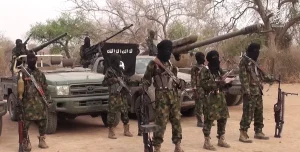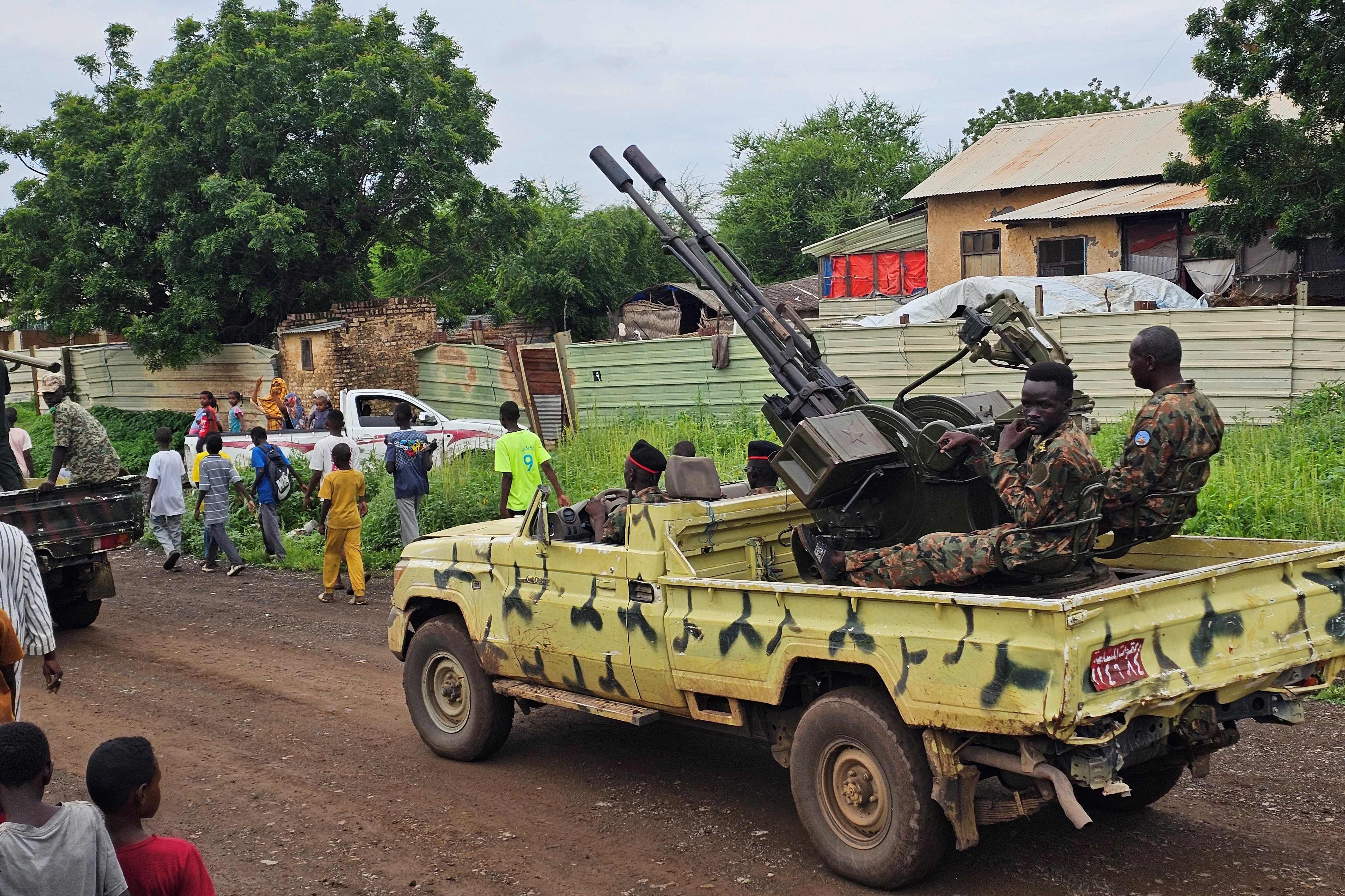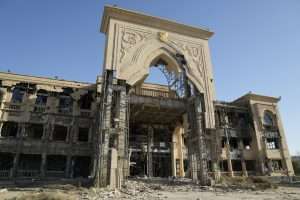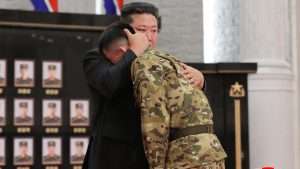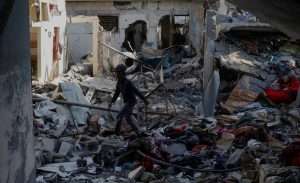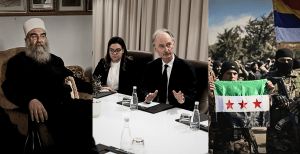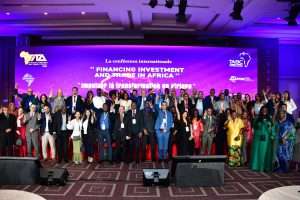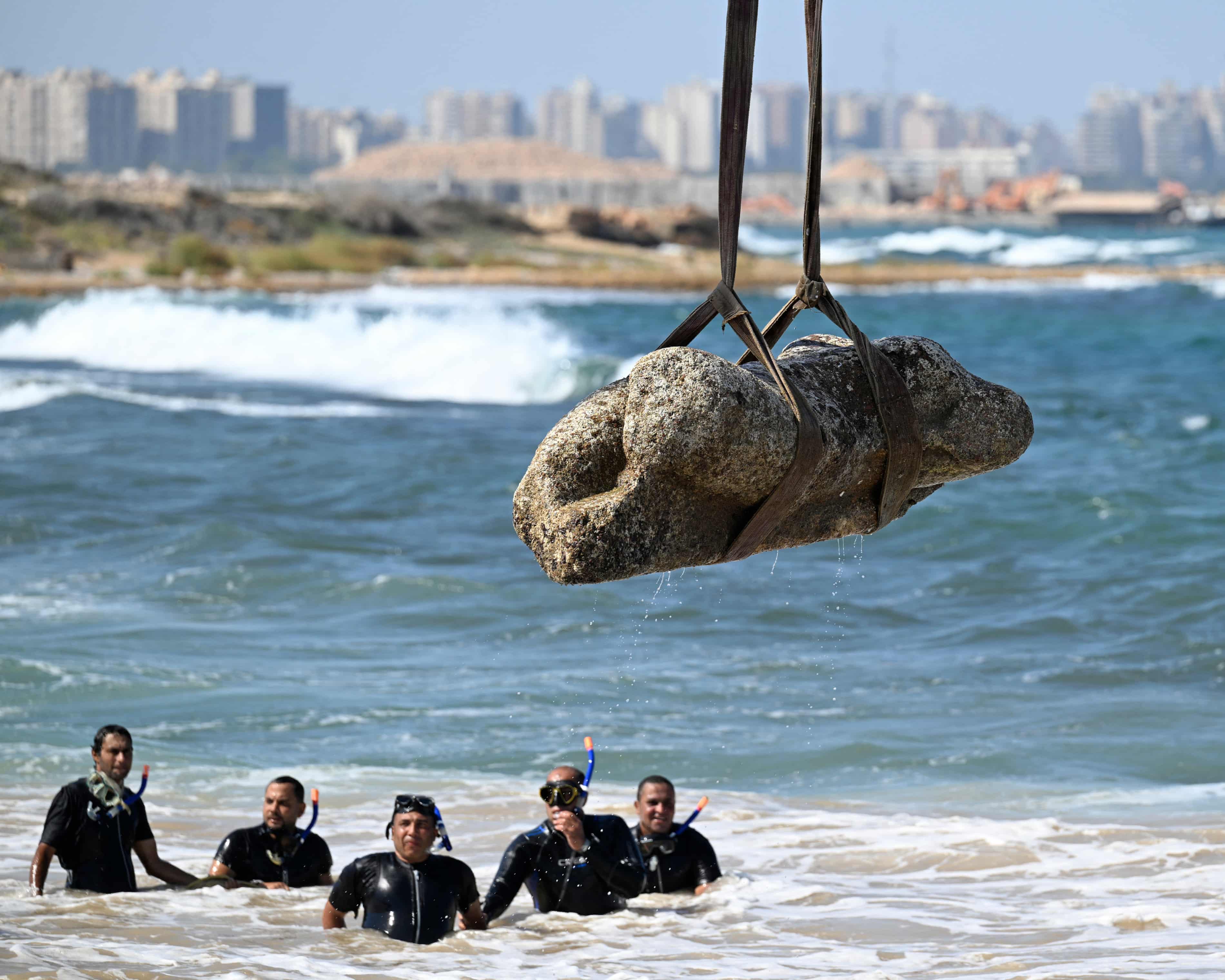Who is attacking Wagner in Libya?
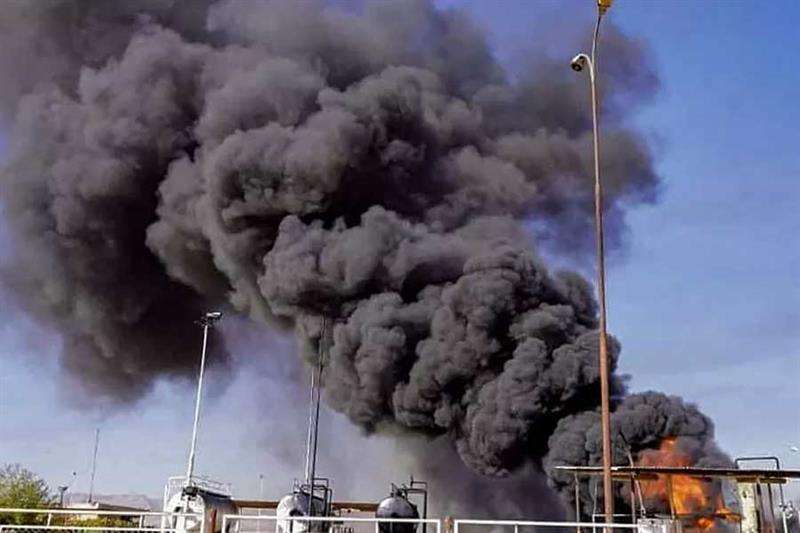
Drone strikes early on June 24th hit an airbase in Libya’s east used by mercenaries of the Russian paramilitary group Wagner, without causing any casualties, a Libyan military official told AFP.
The strikes raised questions about the future of the mercenary group’s presence in Africa and the Middle East following its mutiny against Moscow last week.
The Libyan official, speaking on condition of anonymity, said the origin of the overnight strikes on the Al-Kharruba airbase, about 150 kilometres southwest of Benghazi, was “unknown”.
The base that was hit is “where members of the Wagner group are located”, the official said, adding there were “no victims”.
Libya has been torn by more than a decade of stop-start conflict since a 2011 revolt toppled strongman Muammar Gadhafi, which has also drawn in multiple foreign powers.
The North African country remains split between a nominally interim government in Tripoli in the west and another in the east backed by military strongman Khalifa Haftar.
Alongside fighters from Chad, Sudan, Niger and Syria recruited as mercenaries, the Wagner group has come to Haftar’s aid, including in his past failed attempt to take the capital.
Wagner mercenaries remain active in oil-rich eastern Libya and the country’s south, though some had left to fight in Mali and Ukraine, supporting the Russian army’s invasion.
Beside Libya, Wagner troops have been known to be active in Syria, Sudan, Mali, central African and Sudan.
In the wake of Yevgeny Prigozhin’s movement of Wagner troops towards Moscow, the mercenaries’ operations in Syria were reportedly targeted by Russian security forces.
Some sources said Wagner officers were detained recently in Damascus and at the main Russia air base at Hmeimim (picture) while its Damascus office was raided.
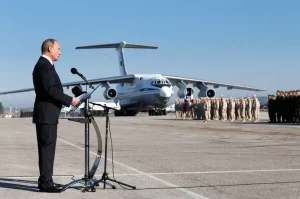
Wagner later rejected the claim its men had been arrested but did not deny that its office in the capital had been taken over.
The showdown between the Kremlin and the Wagner group is likely however, to encourage Western powers who were losing influence to Russia in recent years, to attempt a more confident comeback in Africa.
Local alliances in such places as Libya, Mali and Sudan could be affected, AFP speculates.
Russian Foreign Minister Sergei Lavrov said that the future of contracts signed between various African countries and the Wagner mercenary group was a matter for those governments who had concluded such agreements.
Lavrov said Wagner had worked in Central African Republic (CAR) and other countries on the basis of contracts drawn up directly with the governments concerned.
The United States took aim at Russia’s Wagner Group and imposed sanctions on Tuesday on companies it accused of engaging in illicit gold dealings to fund the mercenary force.
The US Treasury Department in a statement said it slapped sanctions on four companies it accused of being connected to the Wagner Group and Prigozhin.
The companies engaged in illicit gold dealings to fund the militia to sustain and expand its armed forces, including in Ukraine and some countries in Africa, the Treasury said.
“The Wagner Group funds its brutal operations in part by exploiting natural resources in countries like the Central African Republic and Mali,” the Treasury’s Under-Secretary for Terrorism and Financial Intelligence, Brian Nelson, said in a statement.
“The United States will continue to target the Wagner Group’s revenue streams to degrade its expansion and violence in Africa, Ukraine and anywhere else.”
Wagner’s men in Ukraine include thousands of ex-prisoners recruited from Russian jails who fought the bloodiest battles of the 16-month-old war. Wagner was founded in 2014 after Russia annexed Ukraine’s Crimea peninsula and started supporting pro-Russia separatists in Ukraine’s eastern Donbas region. It has grown into a sprawling international business with mining interests and fighters in Africa and the Middle East.
AFP
Want to chase the pulse of North Africa?
Subscribe to receive our FREE weekly PDF magazine




